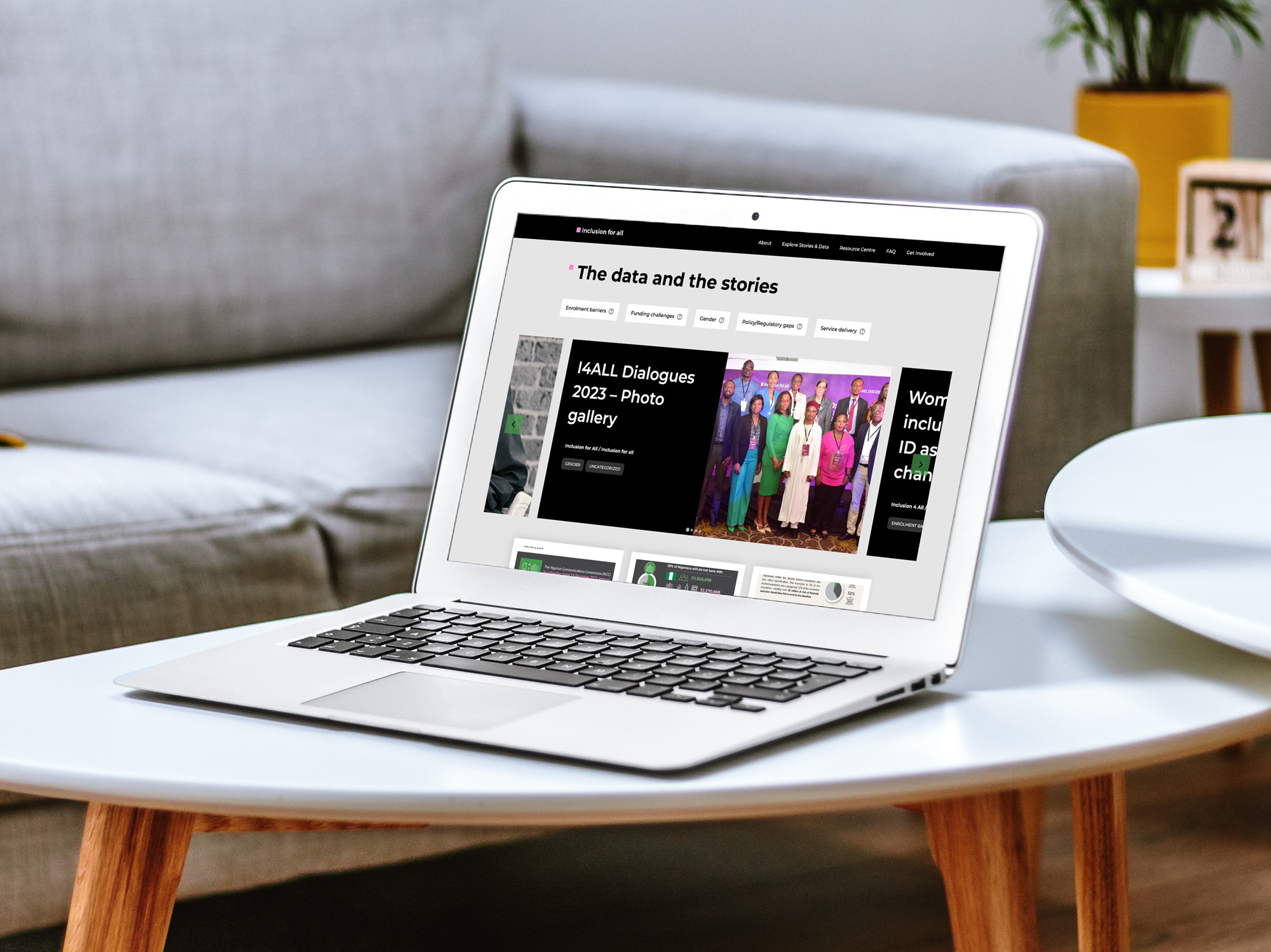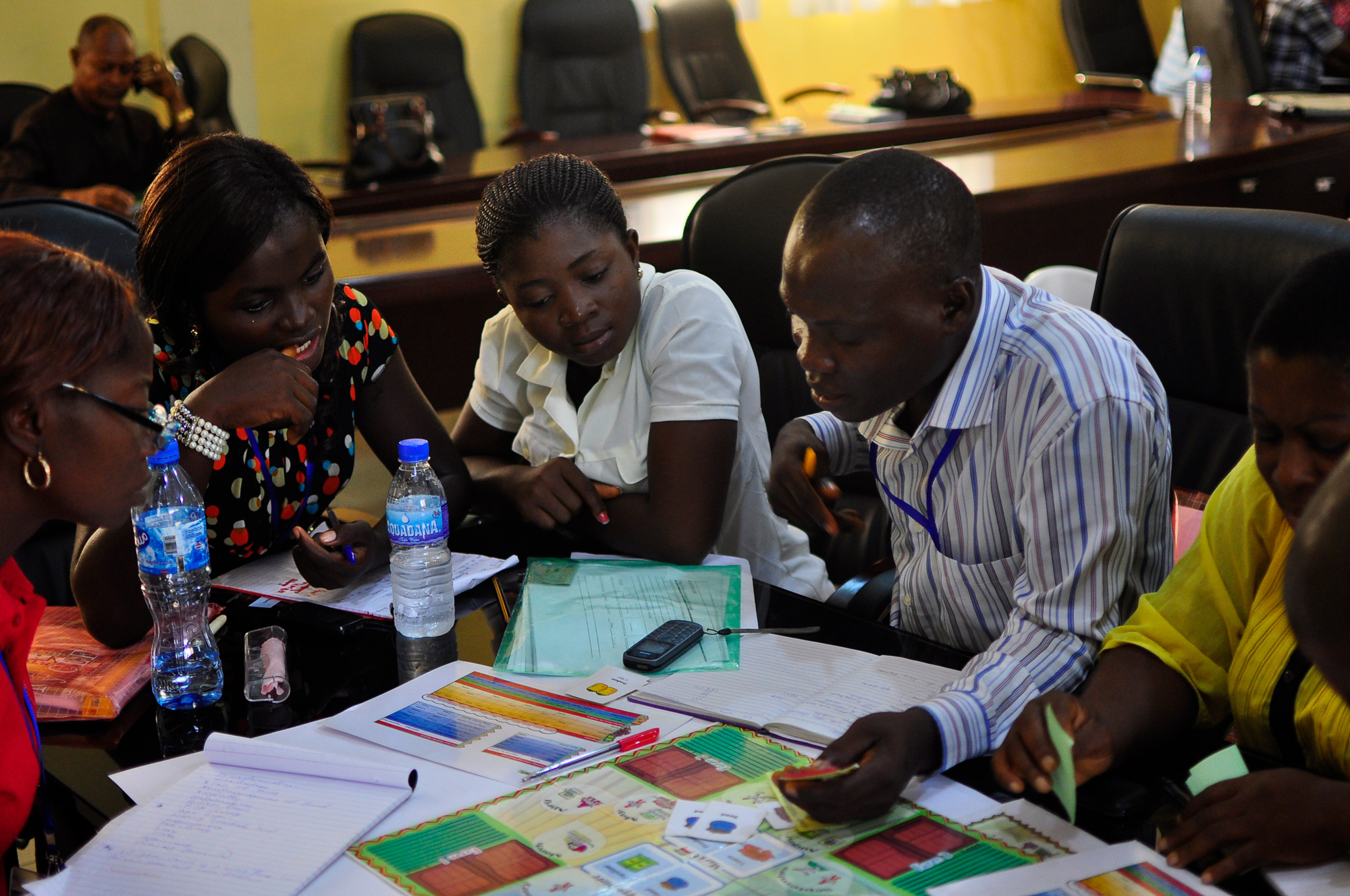
Quantifying the economic impact of media bias

Our client
Africa No Filter is an organisation dedicated to shifting stereotypical and harmful narratives about Africa through research, advocacy, grant-making and community building.
The client’s mission
Narratives are a collection of related stories that are articulated and refined over time to represent a central belief. The prevailing narrative of Africa as the continent of poverty, disease, conflict, poor leadership and corruption is stereotypical. It has turned a dynamic, innovative and evolving continent with 54 countries into a single story of a broken and dependent continent, a people who lack agency. Africa No Filter is on a mission to change this and showcase stories that represent the continent beyond stereotypes.
While there is a wealth of research on the existence of bias in depictions of Africa, almost no analysis had been conducted to investigate its impact on the economy and international investment.
Our support
With a multidisciplinary team of economists, data scientists, political scientists, and media experts, we developed a unique, data-driven approach to assess media bias and estimate the potential economic impact of biased media reporting on Africa. Our support included:
- Primary data strategy, collection and analysis
- Key informant interview and focus group administration
- Proof point development
- Impact storytelling and visual design
- Advocacy proof point development
The results
Our economic modelling found that Africa could be losing up to USD 4.1 billion per year due to increased capital costs shaped by misrepresentation in the media. This research provides a crucial evidence base substantiating the need to advocate for more accurate narratives about Africa in global media.
Our findings are aligned with recent research from the UN showing how subjective biases in credit ratings by global credit rating agencies had cost African countries a combined USD 74.5 billion – more than twice the cost of reducing malaria by 90%.
Related case studies

